The Mekong Delta is a key socio -economic region of the country, contributing more than 50% of rice production, 70% of aquaculture production and about 33% of agricultural GDP. However, this region is suffering from increasingly serious impacts of climate change, especially saline intrusion, subsidence and lack of fresh water.
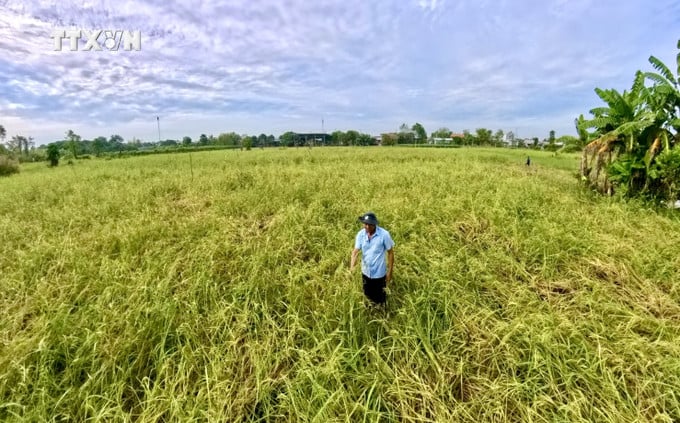
Faced with these challenges, VNU-HCM identified the development and implementation of solutions based on science and technology, with a long-term, sustainable vision, as an urgent requirement to effectively adapt to climate change.
During the period 2014 - 2020, VNU-HCM coordinated with the Vietnam Academy of Social Sciences to co-chair the Science and Technology Program for Sustainable Development in the Southwest Region. After completing the Southwest Program phase, VNU-HCM established the Institute of Climate Change under An Giang University in 2022.
According to the assessment of VNU-HCM, within the framework of the Science and Technology Program for Sustainable Development of the Southwest Region, VNU-HCM has implemented many highly applicable research topics serving production and life. The results achieved include: an automatic monitoring and warning system for saltwater intrusion using nano sensors to help localities in the Mekong Delta effectively respond to climate change; "freshwater storage bags" and the Aquaponics model were successfully transferred, contributing to improving people's lives; a sustainable rice-shrimp rotation model in coastal and saltwater areas; research on domestic and agricultural wastewater treatment technology and assessment of erosion, sedimentation, and water resources for regional planning and natural disaster warning...
According to Associate Professor Dr. Lam Quang Vinh, Head of the Department of Science and Technology of VNU-HCM, the research topics in this period have brought about some practical results, but the value of technology transfer to enterprises is still limited, not creating a clear competitive advantage. However, this is considered an important initial step, laying the foundation for the implementation of the National Science and Technology Program until 2030 "Science and technology to respond to climate change for sustainable development of the Mekong Delta" (code KC.15/21-30).
At the end of 2023, the Ministry of Science and Technology assigned VNU-HCM to take the lead in implementing this program. Accordingly, the KC.15/21-30 program focuses on implementing important contents to effectively serve the resolutions of the Politburo and the Government on the development of the Mekong Delta with the goal of contributing to making the Mekong Delta a key economic region, civilized, ecological and sustainable, imbued with the cultural identity of rivers, integrating regionally and internationally.
The program sets strict targets: at least 80% of research results are applied in practice; 40% of tasks have the participation of businesses or localities; 30% of tasks have results that are granted or have applications for intellectual property protection accepted.
Notably, in 2025, a new topic has just been announced within the framework of the KC.15/21-30 program: “Research on building a model of craft villages in the Mekong Delta towards zero emissions using 4.0 technology solutions”. The topic is chaired by the Institute of Environment and Resources - VNU-HCM, aiming to apply modern technologies such as IoT sensors, artificial intelligence, biological waste treatment and cleaner production to traditional craft villages such as mat weaving, food processing, and handicrafts.
The objective of the project is to build a green craft village model, reduce environmental pollution, improve production efficiency and livelihoods for the community, and contribute to the goal of developing a circular economy and reducing net emissions to zero in the Mekong Delta.
Associate Professor Dr. Lam Quang Vinh emphasized that VNU-HCM aims to promote research related to specific products, serving practical needs, in line with the spirit of Resolution 57-NQ/TW of the Politburo. In particular, research on new rice varieties adapting to climate change is identified as one of the important strategic directions at the Delta.
According to a report by An Giang University, it currently maintains nearly 500 valuable rice varieties and lines for research, selection and technology transfer. The main researches include evaluating the agronomic characteristics and quality of seasonal rice varieties; conserving and developing seasonal rice varieties in flood-prone areas; and supporting yield testing of local rice varieties.
Associate Professor Dr. Lam Quang Vinh affirmed that the close coordination between An Giang University, research institutes and local authorities plays a key role in implementing the rice variety development project - a strategic field for the Mekong Delta. This is an important stepping stone to invest in research infrastructure and complete the rice variety development program framework for the period 2025 - 2030.
With the combined efforts of member units and expert networks, VNU-HCM is gradually realizing the goal of turning the Mekong Delta into a key economic region that is civilized, ecological and sustainable, in the spirit of Directive No. 10/CT-TTg dated June 18, 2022 of the Prime Minister on promoting sustainable agricultural and rural development, proactively adapting to climate change.
Source: https://baotintuc.vn/khoa-hoc-cong-nghe/dai-hoc-quoc-gia-tp-ho-chi-minh-gop-phan-xay-dung-dbscl-phat-trien-ben-vung-thich-ung-bien-doi-khi-hau-20251103120442687.htm



![[Photo] Panorama of the Patriotic Emulation Congress of Nhan Dan Newspaper for the period 2025-2030](https://vphoto.vietnam.vn/thumb/1200x675/vietnam/resource/IMAGE/2025/11/04/1762252775462_ndo_br_dhthiduayeuncbaond-6125-jpg.webp)
![[Photo] The road connecting Dong Nai with Ho Chi Minh City is still unfinished after 5 years of construction.](https://vphoto.vietnam.vn/thumb/1200x675/vietnam/resource/IMAGE/2025/11/04/1762241675985_ndo_br_dji-20251104104418-0635-d-resize-1295-jpg.webp)
![[Photo] Ca Mau "struggling" to cope with the highest tide of the year, forecast to exceed alert level 3](https://vphoto.vietnam.vn/thumb/1200x675/vietnam/resource/IMAGE/2025/11/04/1762235371445_ndo_br_trieu-cuong-2-6486-jpg.webp)
![[Photo] Ho Chi Minh City Youth Take Action for a Cleaner Environment](https://vphoto.vietnam.vn/thumb/1200x675/vietnam/resource/IMAGE/2025/11/04/1762233574890_550816358-1108586934787014-6430522970717297480-n-1-jpg.webp)

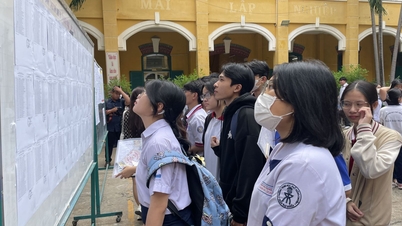
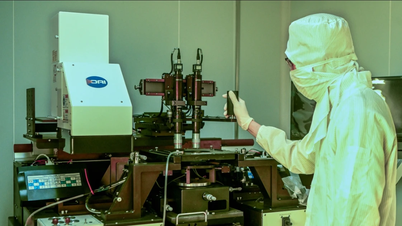



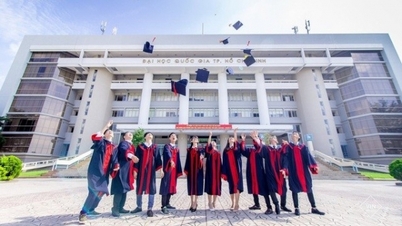

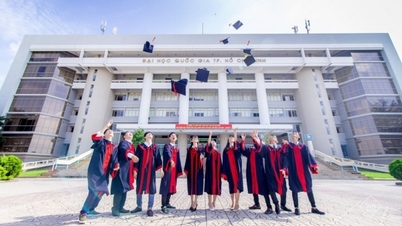



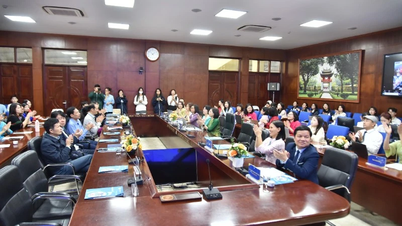

![[Video] Ministry of Education and Training announces the 2026 university and college enrollment plan](https://vphoto.vietnam.vn/thumb/402x226/vietnam/resource/IMAGE/2025/11/04/1762270484541_dung00-18-42-03still007-jpg.webp)








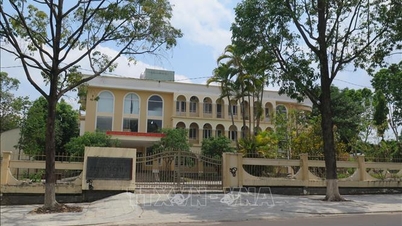
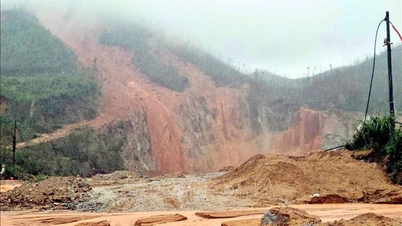

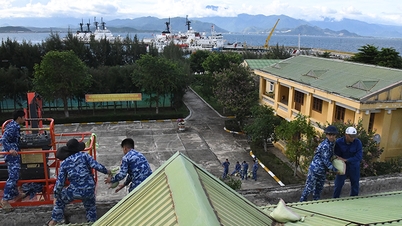




















































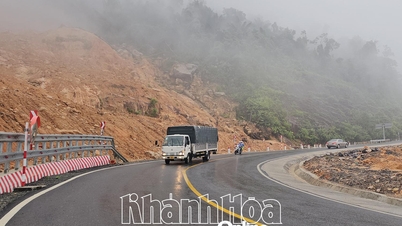
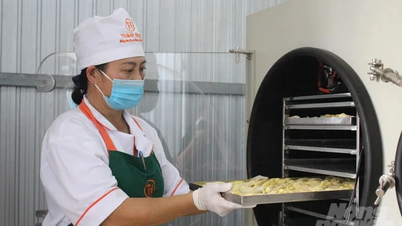

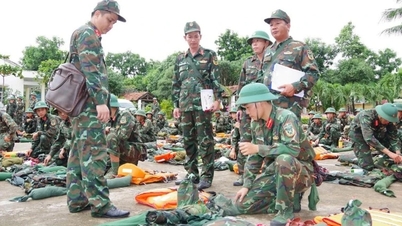














Comment (0)